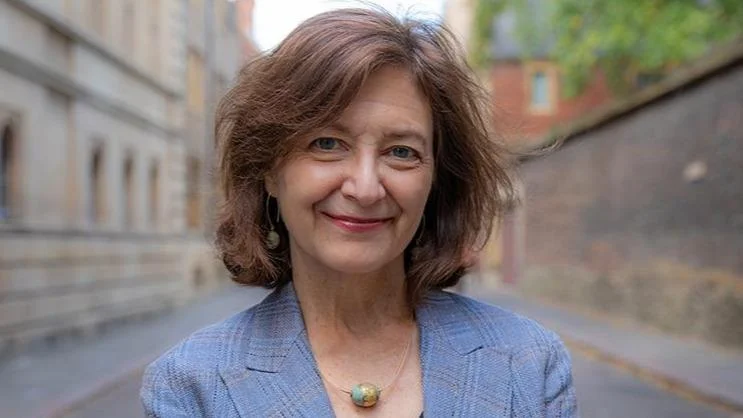Researchers from the Cambridge Interfaith Research Forum and Goldsmiths, University of London have called for faith and belief communities to be recognized as key partners in the planning of new towns across Britain. Their report, titled 'Housing with values: faith and belief perspectives on housing and community planning,' responds to the UK Government’s goal to build 1.5 million new homes.
The study draws on interviews with professionals such as architects, developers, policy makers, and religious leaders. It recommends that local planning processes should actively include faith-based organizations when designing new settlements.
This follows recent advice from the New Towns Taskforce (NTT), which suggested that social infrastructure plans should incorporate “faith-based spaces to enrich communities and open up opportunities for personal development” and involve faith groups in community engagement strategies.
Dr Iona Hine from Cambridge’s Faculty of Divinity stated: “Developers, agencies, and other planning professionals recognise the effort required to form healthy communities and ensure everyone lives well. Our hope is they’re open to thinking about that challenge in dialogue with people of all flavours of faith and belief.”
The report highlights several challenges facing community building in new developments. These include short-term approaches by developers focused mainly on profit rather than social needs; superficial consultations; housing segregation leading to inequality; lack of understanding about religion among planners; and an imbalance between generations in new towns.
One major recommendation is to establish a 'New Towns Faith Taskforce' to explore how best to involve faith communities in shaping future settlements. The authors also suggest early provision of schools, health centers, cultural venues, sports facilities, and places for worship; long-term consultation involving co-design; and integration with natural landscapes and heritage sites.
According to the report, faith groups bring established networks, volunteer resources, intergenerational connections, financial support, spiritual guidance, and cultural contributions that can benefit emerging communities.
Dr Hine referenced examples such as Singapore’s planning for religious diversity as well as British models like Bournville or Ebenezer Howard’s Garden City movement (including Letchworth and Welwyn Garden City) as successful precedents for integrating diverse beliefs into town design.
Christopher Baker, Professor of Religion, Belief and Public Life at Goldsmiths said: “As we embark on this next chapter of New Town building in England, it is vital to understand the contribution that faith and belief bring to the sustaining of new communities, through their vision, experience, resources and local leadership.”
Dr Hine added: “This is pivotal moment for housing supply and community formation in Britain. Treating faith and belief as partners in planning can accelerate social cohesion from day one, reduce loneliness and social isolation, and provide governance and voluntary capacity that complements statutory services. Ignoring these dimensions risks creating settlements that are physically complete but socially fragile.”
'Housing with values' will be available via the Cambridge Interfaith Programme website starting Tuesday 14th October 2025. An online briefing hosted by the Religion Media Centre will also take place at midday on release day.

